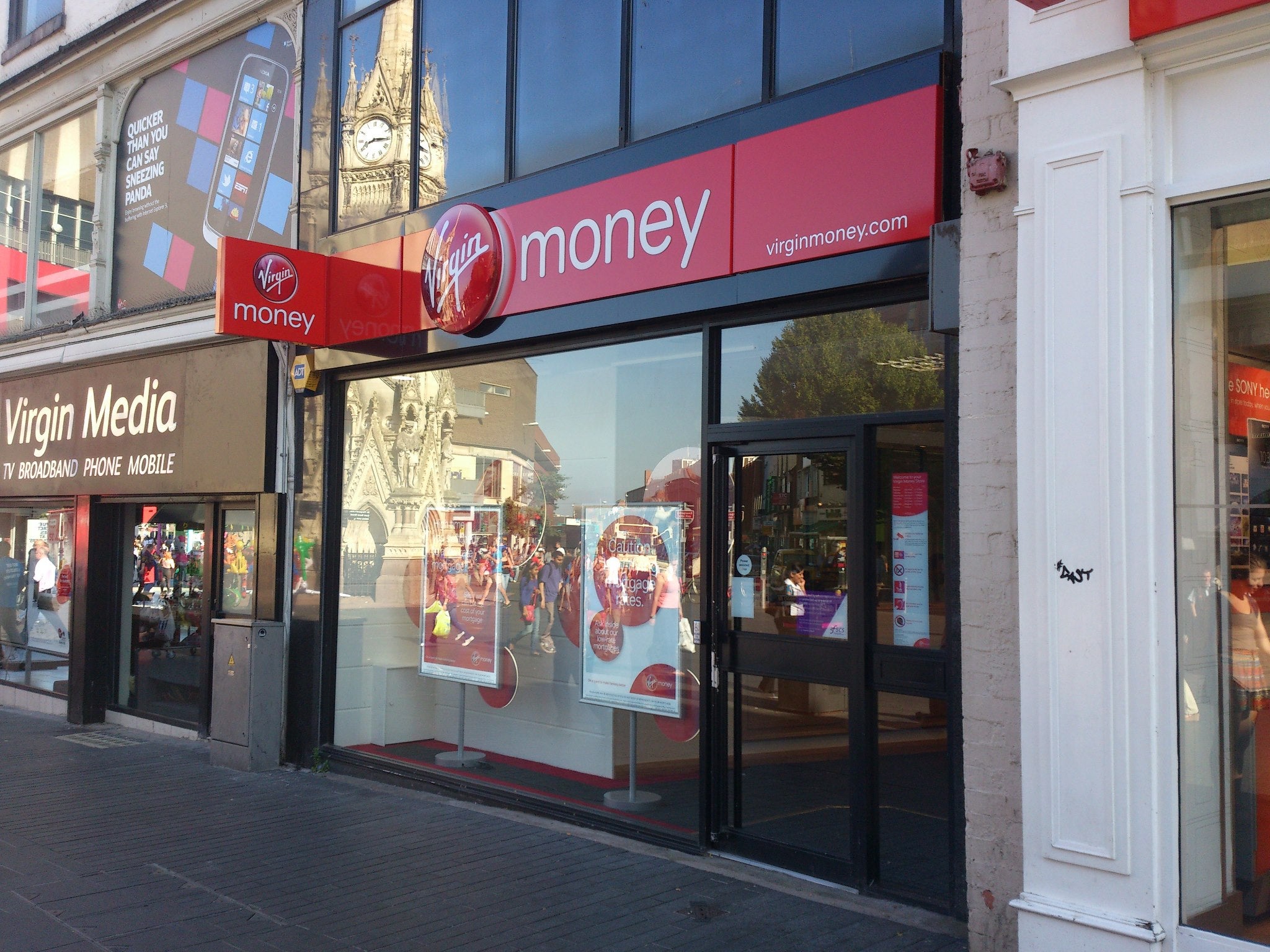
In its full-year financial results Virgin Money has disclosed a 77% drop in profit, partly due to £501m ($658m) set aside to cover potential bad loans.
The Edinburgh-based bank’s total credit provisions now stand at £735m.

Access deeper industry intelligence
Experience unmatched clarity with a single platform that combines unique data, AI, and human expertise.
“2020 has been a uniquely challenging year for the banking industry and our business, and this is reflected in our financial performance for the year,” chief executive David Duffy said in announcing the results.
Income was 6% lower than FY19 at £1,542m, primarily reflecting the impact of the pandemic in the second half of the year and rate changes.
Non-interest income declined 7% year-on-year to £191m.
This included a £16m one-off gilt sales gain during FY20, a fair value gain of £12m (vs. a £15m loss in FY19), partly offset by the absence of c.£20m of fee income earned from the Investments business.

US Tariffs are shifting - will you react or anticipate?
Don’t let policy changes catch you off guard. Stay proactive with real-time data and expert analysis.
By GlobalDataUnderlying operating expenses reduced 3% year-on-year to £917m with the cost/income ratio of 59% increasing slightly “due to the challenging operating environment and adverse Covid-19-related income impacts during the year,” the bank said.
Net interest income (the difference between the interest income the bank earned from its lending activities and the interest it paid to depositors) was the key driver falling 6% versus FY19 to £1,351m.
Net interest margin (the difference between the interest income earned and the interest paid by the bank relative to its interest-earning assets like cash) was 10bps lower year-on-year at 1.56%.
Balance sheet impacted by the pandemic
The Covid-19 pandemic has had very different impacts across the bank’s various lending segments, demonstrating the value of a diverse portfolio.
Total customer lending was down 0.7% in the year to £72.5bn primarily due to a reduction in the mortgage book.
This was because “We maintained our discipline in a competitive market in the first half, with demand in the second half reducing substantially owing to the pandemic restrictions,” according to the CEO’s review.
This contraction was partly offset by increased balances in Business, with £1.2bn of incremental lending. Virgin Money attributed this growth partly to the government-guaranteed BBLS and CBILS lending schemes.
Total customer deposits increased 5.8% to £67.5bn reflecting both consumer savings behaviour under lockdown and businesses depositing government-guaranteed lending proceeds for liquidity.
Outlook
Given the unprecedented nature of Covid-19, the bank said, the exact economic outlook for the UK is still evolving and remains hard to predict with any high degree of certainty at present.
However, “as we look into FY21, we expect muted lending demand reflecting the anticipated deterioration in the economy, while the trajectory for deposits is more uncertain and will depend on the extent to which consumers and businesses need to utilise the savings they have built,” the CEO said.
In the medium term at least, the board believes that, “assuming no significant further deterioration in expectations for the economic outlook or change in interest rates, Virgin Money has a clear path to delivering double digit statutory returns on tangible equity over time”.
Specific medium-term guidance will be provided when there is more certainty on the forward economic trajectory, said the company, which operates the Clydesdale Bank and Yorkshire Bank as well as Virgin Money brands in the UK.







